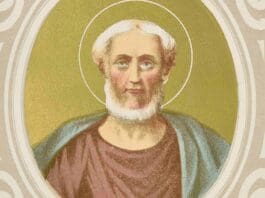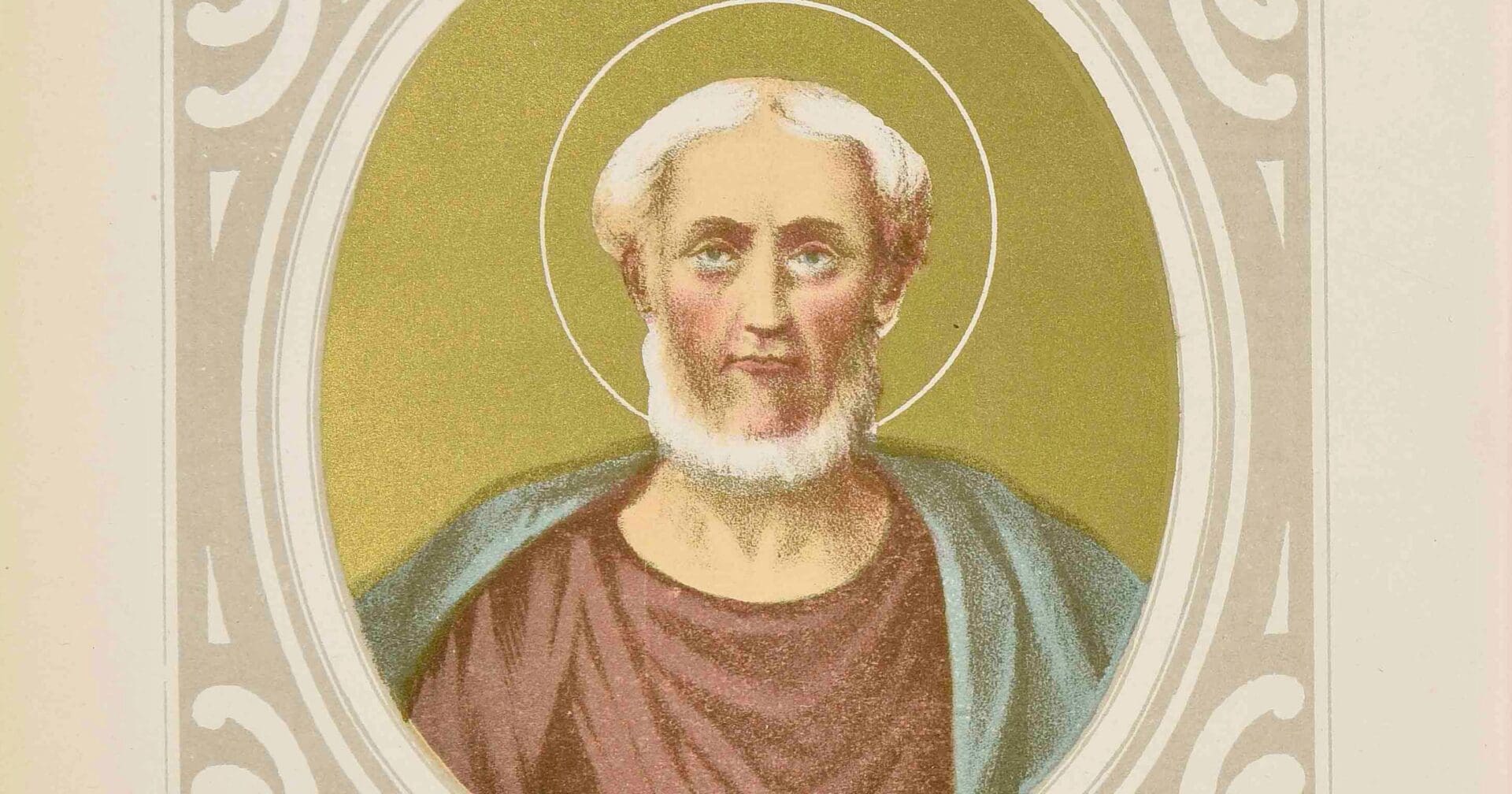
Damasus, likely born near present-day Idanha-a-Nova, Portugal, lived during a pivotal era marked by Constantine I’s rise, the reunification and subsequent division of the Roman Empire, and the Constantinian shift, which saw Christianity gain legitimacy and later become the state religion.
At 60, Damasus, then a deacon, was elected as the Bishop of Rome in 366. His papacy began tumultuously, with another faction electing a rival pope, leading to violent confrontations. Although the physical clashes ceased, Damasus faced ongoing opposition throughout his tenure, staunchly defending the Catholic Faith during these challenging times.
Damasus’s enduring legacy stems not from direct confrontations but from his initiatives, which outlived his adversaries. He commissioned the Vulgate, a critical Latin translation of the Bible, by his secretary, St. Jerome, and transitioned the Church’s liturgical language from Greek to Latin. Additionally, he dedicated himself to preserving and restoring the catacombs, martyrs’ graves, and religious relics.
Unlike his contemporaries who wrote extensive treatises, Damasus preferred crafting epigrams—concise verses capturing profound meanings. He penned numerous epigrams about martyrs and saints and one reflecting his humility and reverence for the martyrs: “I, Damasus, wished to be buried here, but I feared to offend the ashes of these holy ones.”
Damasus passed away in 384 and, honoring his wish for humility, was interred with his mother and sister, leaving behind a legacy that shaped the Church’s trajectory and a modest epitaph in the papal crypt he commissioned in a Roman cemetery.
Photo credit: Public Domain via Wikimedia Commons
The post Pope Saint Damasus appeared first on uCatholic.
Daily Reading
Fourth Sunday of Advent
Reading I Mi 5:1-4a Thus says the LORD: You, Bethlehem-Ephrathah too small to be among the clans of Judah, from you shall come forth for…
Daily Meditation
Picking Up on God’s Hints
Click here for daily readings Most of us would like it if God would make it super clear to us what He wanted us to do. Even Mary at the…




